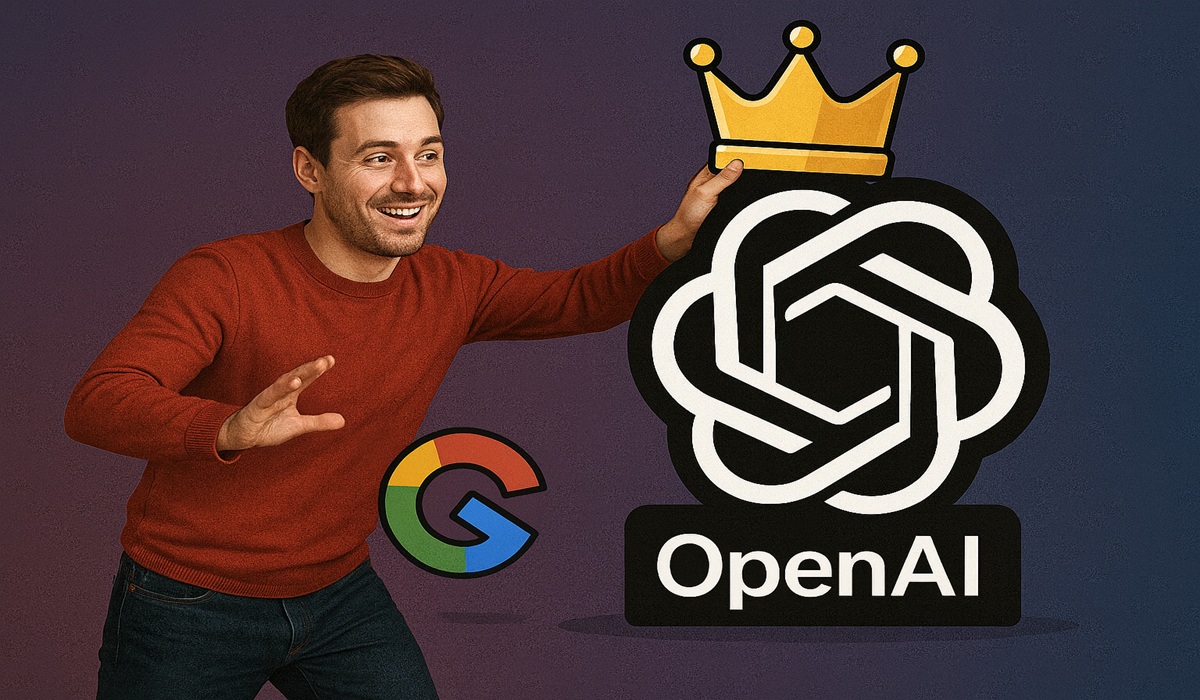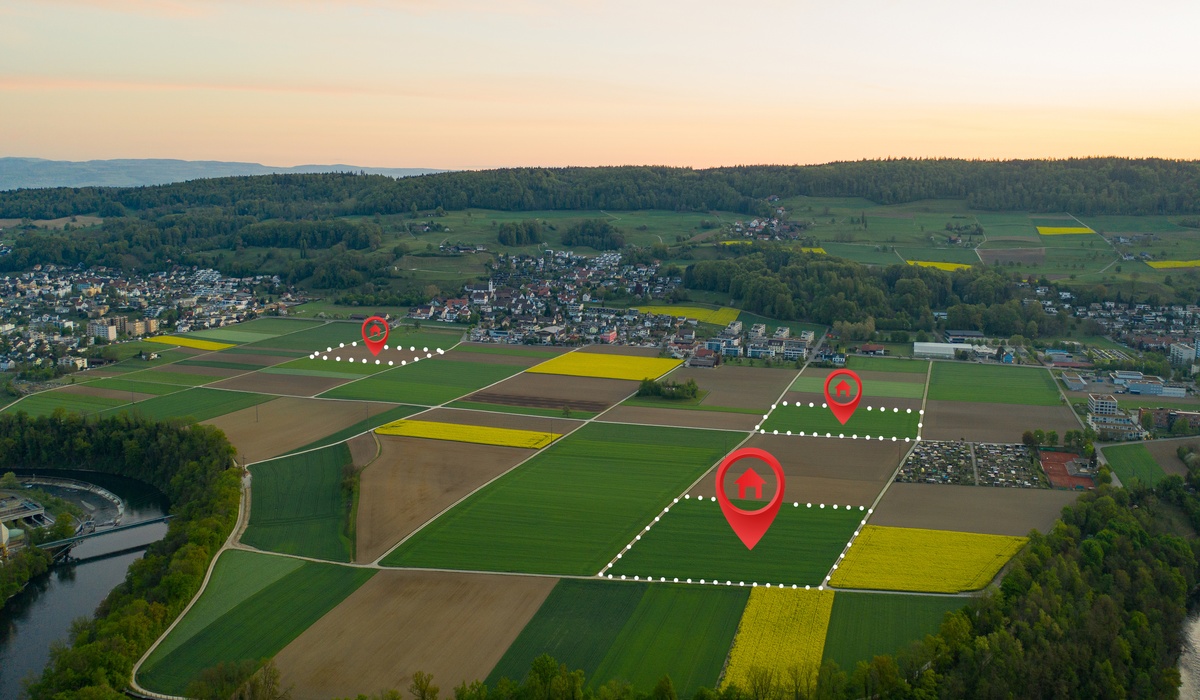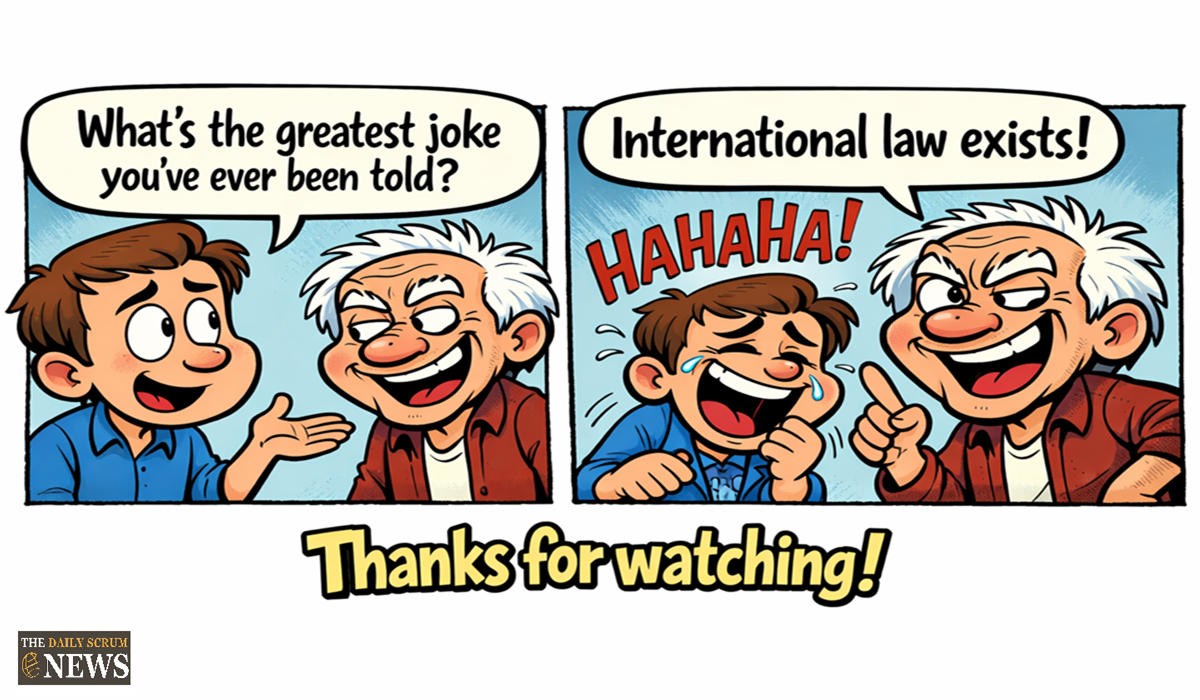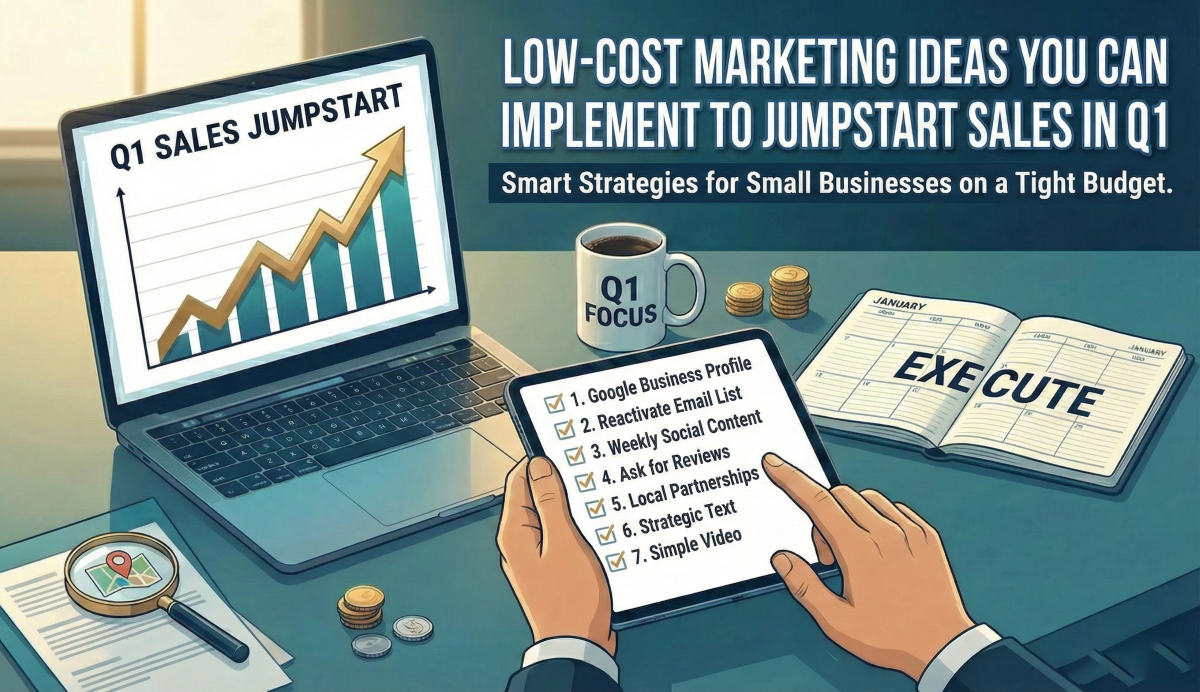The Atlas Revolution: ChatGPT’s Browser Poised to Dethrone Google
- Naomi Dela Cruz
- Business
- Trending News
- October 28, 2025

For nearly three decades, Google has been the undisputed gateway to the internet—a digital oracle shaping how humanity searches, learns, and consumes information. Yet, history shows that even the most dominant empires eventually face disruption, and that moment has arrived. OpenAI’s ChatGPT browsing system, aptly named Atlas, is not just another search engine. It represents a monumental paradigm shift—one that may finally unseat Google from the throne it has held since the late 1990s. What Atlas introduces is not simply faster or more personalized search results; it redefines the very nature of search itself.
Unlike Google, which retrieves information through ranked pages and links, Atlas synthesizes knowledge in real time. It reads the web like a human researcher, interprets context, and delivers coherent, verified answers instead of a pile of hyperlinks. Imagine asking a question and receiving an immediate, concise, and cited explanation—no SEO traps, no paid ranking distortions, no need to click through ten pages of ads. Atlas’s neural comprehension layer merges search with reasoning, bypassing the outdated index model that Google has relied on for decades. It doesn’t crawl the web to simply fetch—it understands.
At its core, Atlas integrates deep reinforcement learning, contextual memory, and natural language reasoning to continuously refine how it searches and summarizes data. It can interpret multiple perspectives, detect contradictions, and even verify facts against live sources. Where Google’s model was built on keyword matching and link authority, Atlas learns from meaning and intent. The difference is as profound as the leap from dial-up modems to quantum computing. With Atlas, users no longer search for information—they converse with knowledge itself.
For the first time, search becomes a dialogue, not a transaction. Atlas doesn’t just answer questions; it explains, compares, predicts, and adapts. It’s capable of pulling from diverse domains—academic archives, live news, peer-reviewed research, financial data—filtering misinformation while providing nuanced interpretations. The system’s integration with multimodal reasoning means it can also interpret charts, images, and code. In essence, it transforms the web from a static library into an intelligent collaborator.
Google’s entire infrastructure—AdSense, SEO, and page ranking—was built on user friction. Every click meant more data, more ads, more revenue. Atlas flips that on its head. There are no clicks, no interruptions, no ads hijacking attention. This model fundamentally threatens Google’s trillion-dollar ecosystem because it collapses the distance between question and answer. The web experience, once fragmented across billions of URLs, is becoming unified and conversational. For users, it’s liberation. For Google, it’s an existential crisis.
The implications stretch far beyond search. Atlas’s adaptive reasoning will soon integrate with browsers, operating systems, and even augmented reality. Imagine wearing a device where you no longer “Google” something—you simply ask, and your AI assistant retrieves and reasons through the answer instantly. The browser becomes an intelligent layer between human curiosity and the world’s collective knowledge. We are not looking at an upgrade to search. We are witnessing the birth of an entirely new interface between thought and information.
The ripple effects are already being felt. Developers are racing to build extensions around Atlas’s API, allowing real-time knowledge queries, business intelligence dashboards, and dynamic research assistants that continuously learn from user context. Education, journalism, law, and science will all transform when information retrieval becomes conversational, accurate, and bias-filtered. The era of “search results” is ending; the era of “reasoned discovery” is beginning.
Google, despite its immense resources, is in a position it hasn’t faced since its own rise against Yahoo and AltaVista. The company has been reactive, integrating AI snippets and Gemini modules into its interface, but its legacy code and ad-based incentives make true reinvention difficult. The problem is not technological—it’s structural. Atlas, unconstrained by old paradigms, can evolve faster. Its design is not built to keep users on a page longer, but to deliver truth faster.
We stand on the threshold of an epochal shift in how humans interact with knowledge. Atlas does not simply replace Google; it rewrites the rules of engagement between humanity and information. For the first time in living memory, the world’s most powerful search monopoly is facing a rival that isn’t just better—it’s fundamentally different. The crown that once seemed untouchable is trembling, and the question is no longer if Google will be dethroned, but when. The future of search is no longer a search engine. It’s Atlas—and it’s already here.








